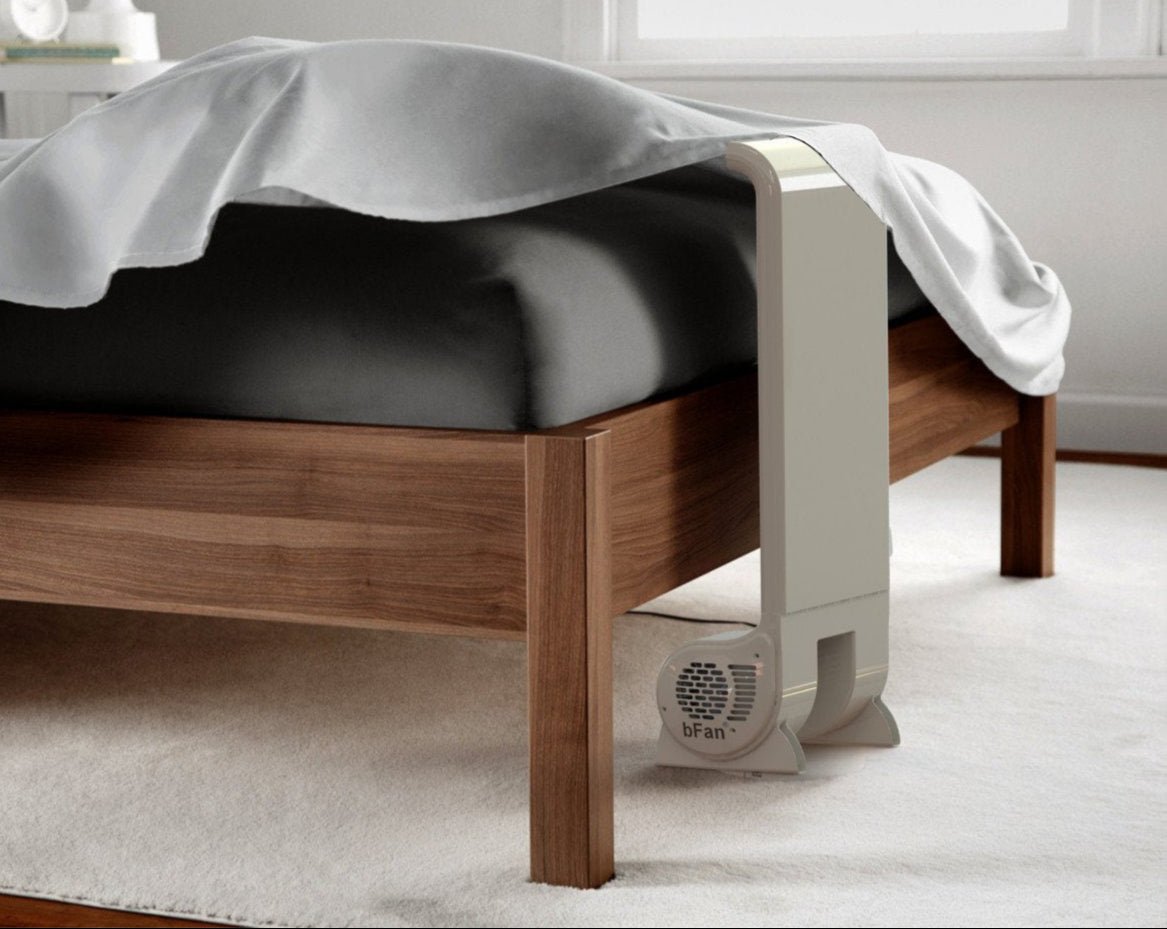College Students and Their Relationship With Sleep
College students are notoriously some of the most sleep-deprived people on the face of the earth. Pulling all-nighters, popping Adderall, and slipping naps into every uninterrupted moment seem to be considered the norms. This is generally due to having heavy school loads and part-time jobs, while still trying to maintain a social life. While students do lose sleep trying to maintain high grades, their lack of sleep usually hurts their grades in the long run. Here we will cover the relationship between sleep and college students, as well as provide some tips in overcoming sleep deprivation.
A lack of sleep heavily impacts memory and concentration skills which go on to make performing well on a test very difficult. Instead of cramming late into the night and early morning, the best way to prepare for a test is to study well and get the full recommended 8 hours of sleep. While getting those 8 hours of sleep can be tricky, there are some things that can help.
Going to bed early ensures that you will get the amount of sleep you need, even if you encounter some hiccups along the way to falling asleep. This also gives you extra time in case you have trouble getting to sleep and need to get out of bed and do something relaxing. These relaxing activities can be taking a bath or reading a boring book. Most important to getting sleep is staying off of electronics, as the blue light emitted by them affects sleep. Naps taken during the day should also be under an hour long and before 3 pm.
It’s also important for students to get good sleep because not only can lack sleep affect grades, it can also strongly affect mental health. According to the National Alliance on Mental Illness, 50% of students struggle with anxiety, and 44% experience symptoms of depression. (Sleep Education) And while lack of sleep is bad enough for grades, mental health issues can only worsen academic struggles.
It is also recommended that extra sleep is not made up for on the weekends by sleeping in. While this seems a common and straightforward enough thing to do, it actually greatly messes with the body’s sleep schedule, making healthy sleep more evasive. Instead, it is recommended that students get to bed earlier on the weekends and wake up at their usual time, rather than sleep in late.
As a general rule, it is also important to avoid caffeine late at night when trying to sleep early, as caffeine (obviously) makes falling asleep more difficult than necessary. (Learn: how does caffeine affect sleep.) Students should also make an effort to not eat a big meal before bed, instead rely on small snacks or desserts to keep their stomachs full while going to bed. Nothing can keep you awake and delay you from sleeping as much as an angry, empty stomach. One good pre-bedtime snack is tart cherries, which have a healthy helping of melatonin. But always avoid ice cream, chocolate, alcohol, potato chips, and any other fried foods before bed. Sugar raises blood sugar, which can make it hard to fall asleep, while the oil in fried foods keeps the body from focusing on going to sleep.
Share
I like this one Hannah, with your final year of high school almost done, your working for the family and scooters as well as teaching Alex how to work on cars, all that and you still maintain over a 4.0 in your class work, I think your article is a good point. thank you.

